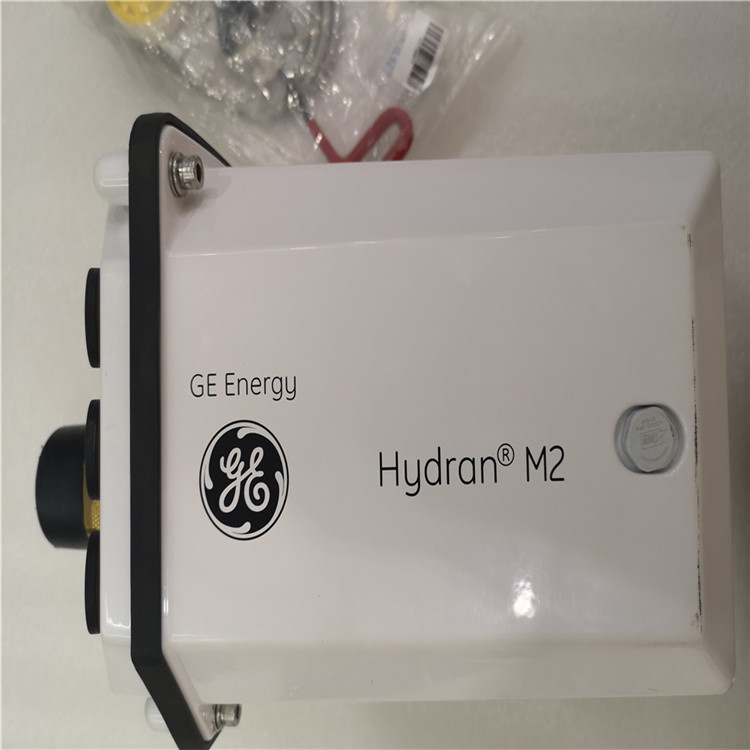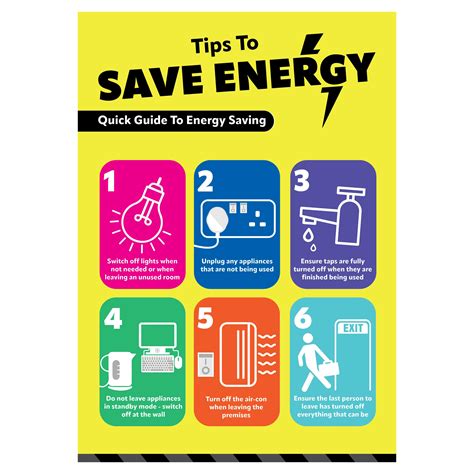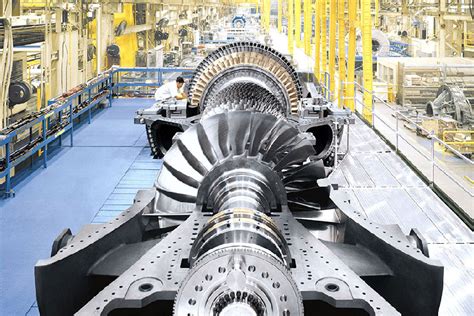As the world continues to grapple with the challenges of climate change, energy efficiency has become a critical aspect of our daily lives. With the rising costs of energy and the increasing awareness of environmental sustainability, it's essential to adopt practices that reduce our energy consumption. In this article, we'll explore five GE energy tips that can help you save energy, reduce your carbon footprint, and lower your utility bills. Whether you're a homeowner, a business owner, or simply an environmentally conscious individual, these tips will provide you with practical advice on how to make a positive impact on the environment.
Key Points
- Conduct an energy audit to identify areas of energy inefficiency in your home or business
- Upgrade to energy-efficient lighting and appliances to reduce energy consumption
- Use smart home devices to monitor and control your energy usage
- Implement energy-saving habits, such as turning off lights and electronics when not in use
- Maintain your heating and cooling systems to ensure optimal performance and efficiency
Conducting an Energy Audit

A comprehensive energy audit is the first step towards identifying areas of energy inefficiency in your home or business. This involves assessing your energy usage patterns, inspecting your building’s insulation, windows, and doors, and identifying opportunities for energy-saving improvements. By conducting an energy audit, you can pinpoint areas where energy is being wasted and develop a plan to address these inefficiencies. For instance, you may discover that your building’s insulation is inadequate, or that your windows are outdated and allowing heat to escape. With this knowledge, you can take targeted steps to rectify these issues and reduce your energy consumption.
Upgrading to Energy-Efficient Lighting and Appliances
One of the simplest and most effective ways to reduce your energy consumption is to upgrade to energy-efficient lighting and appliances. LED bulbs, for example, use significantly less energy than traditional incandescent bulbs and can last up to 25 times longer. Similarly, energy-efficient appliances, such as those with the ENERGY STAR label, are designed to use less energy while maintaining performance. By replacing your old appliances and lighting with energy-efficient alternatives, you can significantly reduce your energy consumption and lower your utility bills. According to the U.S. Department of Energy, energy-efficient appliances can save homeowners up to $400 per year on their energy bills.
| Appliance | Energy Consumption (kWh) |
|---|---|
| Incandescent Bulb | 60 |
| LED Bulb | 9 |
| Traditional Refrigerator | 1400 |
| Energy-Efficient Refrigerator | 900 |

Using Smart Home Devices

Smart home devices have revolutionized the way we manage our energy usage. With smart thermostats, for example, you can control your heating and cooling systems remotely, adjusting the temperature to optimize energy efficiency. Smart plugs can also be used to monitor and control the energy usage of individual appliances, allowing you to identify areas of energy inefficiency and take corrective action. By leveraging smart home devices, you can gain greater insights into your energy usage patterns and make data-driven decisions to reduce your energy consumption.
Implementing Energy-Saving Habits
While energy-efficient upgrades and smart home devices can significantly reduce energy consumption, it’s also essential to adopt energy-saving habits. Simple actions, such as turning off lights and electronics when not in use, can make a significant difference. Additionally, adjusting your daily routines to optimize energy efficiency, such as doing laundry and dishes during off-peak hours, can also help reduce energy consumption. By incorporating these habits into your daily routine, you can develop a culture of energy efficiency that benefits both your wallet and the environment.
Maintaining Your Heating and Cooling Systems
Finally, it’s essential to maintain your heating and cooling systems to ensure optimal performance and efficiency. Regular maintenance, such as changing air filters and inspecting ductwork, can help prevent energy waste and reduce the risk of system failures. By keeping your systems well-maintained, you can extend their lifespan, reduce energy consumption, and enjoy greater comfort and productivity. According to the U.S. Department of Energy, regular maintenance can save homeowners up to 30% on their energy bills.
What is the most effective way to reduce energy consumption in my home?
+The most effective way to reduce energy consumption in your home is to conduct an energy audit and identify areas of energy inefficiency. This can include upgrading to energy-efficient lighting and appliances, using smart home devices, and implementing energy-saving habits.
How can I save energy while still maintaining a comfortable temperature in my home?
+You can save energy while maintaining a comfortable temperature in your home by using a smart thermostat to optimize your heating and cooling systems. Additionally, you can adjust your daily routines to optimize energy efficiency, such as doing laundry and dishes during off-peak hours.
What are the benefits of using energy-efficient appliances?
+The benefits of using energy-efficient appliances include reduced energy consumption, lower utility bills, and increased property values. Energy-efficient appliances can also enhance overall comfort and productivity, while reducing the risk of system failures and extending the lifespan of your appliances.
In conclusion, by following these five GE energy tips, you can reduce your energy consumption, lower your utility bills, and contribute to a more sustainable future. Whether you’re a homeowner, a business owner, or simply an environmentally conscious individual, these tips will provide you with practical advice on how to make a positive impact on the environment. Remember, every small action counts, and by working together, we can create a more energy-efficient and sustainable world for generations to come.


